
Campaigns
Angling Trust welcomes hard hitting Commons pollution report
Ofwat and Environment Agency told to improve regulation and enforcement
The increasing threat of pollution of rivers in England is once again in the spotlight with the publication today of a hard hitting report on water quality by MPs on the House of Commons Environmental Audit Committee (EAC). Their report concludes that poor water quality in our rivers is a result of chronic under-investment and multiple failures in monitoring, governance and enforcement – all areas highlighted by the Angling Trust and partners who have been pressing for urgent action to halt the decline.
The EAC report states:
“Only 14% of English rivers meet good ecological status, with pollution from agriculture, sewage, roads and single-use plastics contributing to a dangerous ‘chemical cocktail’ coursing through our waterways. Not a single river in England has received a clean bill of health for chemical contamination.”
They point to a lack of commitment by successive governments in tackling pollution saying:
“There has been a lack of political will to improve water quality, with successive governments, water companies and regulators seemingly turning a blind eye to antiquated practices of dumping sewage and other pollutants in rivers.”
It concludes that the country’s sewerage infrastructure is not fit for purpose and recommends a ‘step change’ in approach from both Ofwat, the water regulator, and the Environment Agency and an end to paying bonuses to executives of the worst polluting water companies.
They say:
“The Committee calls for a step change in regulatory action, water company investment, and cross-catchment collaboration to restore rivers to good ecological health, protect biodiversity and adapt to a changing climate. MPs are demanding far more assertive regulation and enforcement from Ofwat and the Environment Agency. The report recommends that Ofwat examine the powers it may have to limit the payment of bonuses to water company executives until widespread permit breaches cease.”
Environmental Audit Committee Chairman, Rt Hon Philip Dunne MP, said:
“Rivers are the arteries of nature and must be protected. Our inquiry has uncovered multiple failures in the monitoring, governance and enforcement of water quality. For too long, the Government, regulators and the water industry have allowed a Victorian sewerage system to buckle under increasing pressure.”
Responding to the report, Martin Salter, Head of Policy at the Angling Trust said:
“Phillip Dunne and his colleagues have pulled no punches in their condemnation of the state of England’s once beautiful rivers. The lethal cocktail of sewage and agricultural pollution is slowly choking the life out of these natural assets and successive governments have been reluctant to release the investment needed to properly and safely treat increasing volumes of sewage from a growing population. They have also failed to take action against those farmers, and others, who wilfully use our rivers as open drains.”
Stuart Singleton-White, Head of Campaigns at the Angling Trust added:
“This report from MPs exposes the systemic failure in how we manage our water in England. Nothing short of a revolution is needed. The government, regulators, water companies, and the way we manage our land, are all at fault. All need to be part of the solution. With freshwater ecosystems and species among the fastest declining environments on the planet, those solutions need to come quickly, the time for waiting and more discussion is over.”
The Committee wrote to the DEFRA Secretary of State in October submitting views on the upcoming Strategic Policy Statement Guidance for water regulator Ofwat. The Committee called for increased emphasis on wastewater treatment in capital spending plans for water companies, including nature-based solutions. They referenced the call for increased investment in the Time to Fix our Broken Water Sector report produced by the Angling Trust and Salmon and Trout Conservation last September.
Notes:
A copy of the EAC report can be found here
The conclusions of the Time to Fix the Broken Water report are referenced here:
Capital investment gap
216. The Angling Trust and Salmon and Trout Conservation argue that there has been a capital funding gap of at least £10 billion for the water industry over the last 10 years. Using data on water pipe replacement rates they have calculated that the typical replacement/ renewal rate in the UK is around 0.05% of the network per annum. They claim that this implies Ofwat and the water companies are expecting sewers to last for 2,000 years —10 times longer than the European average. DEFRA calculated in 2012 that the replacement rate for the sewerage network was on average 800 years.
You might also like
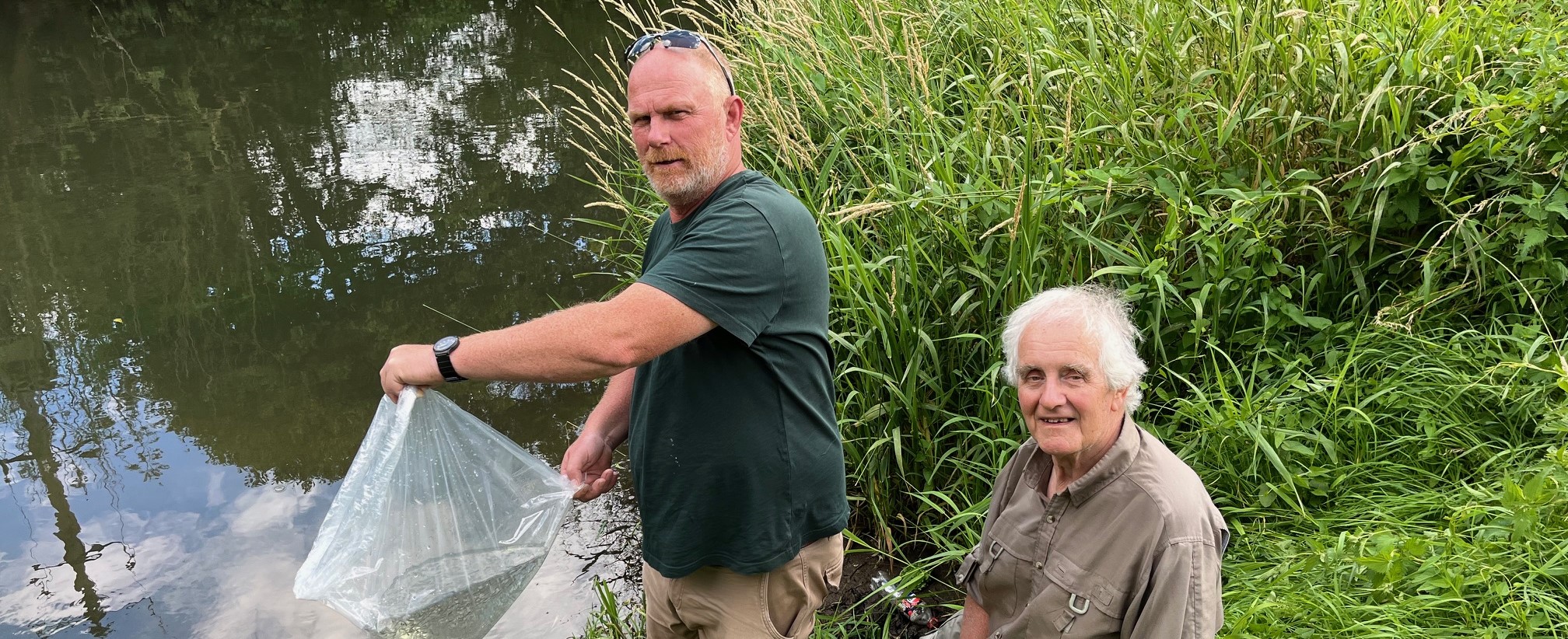
New Kennet Hatchery Releases First Reared Fish
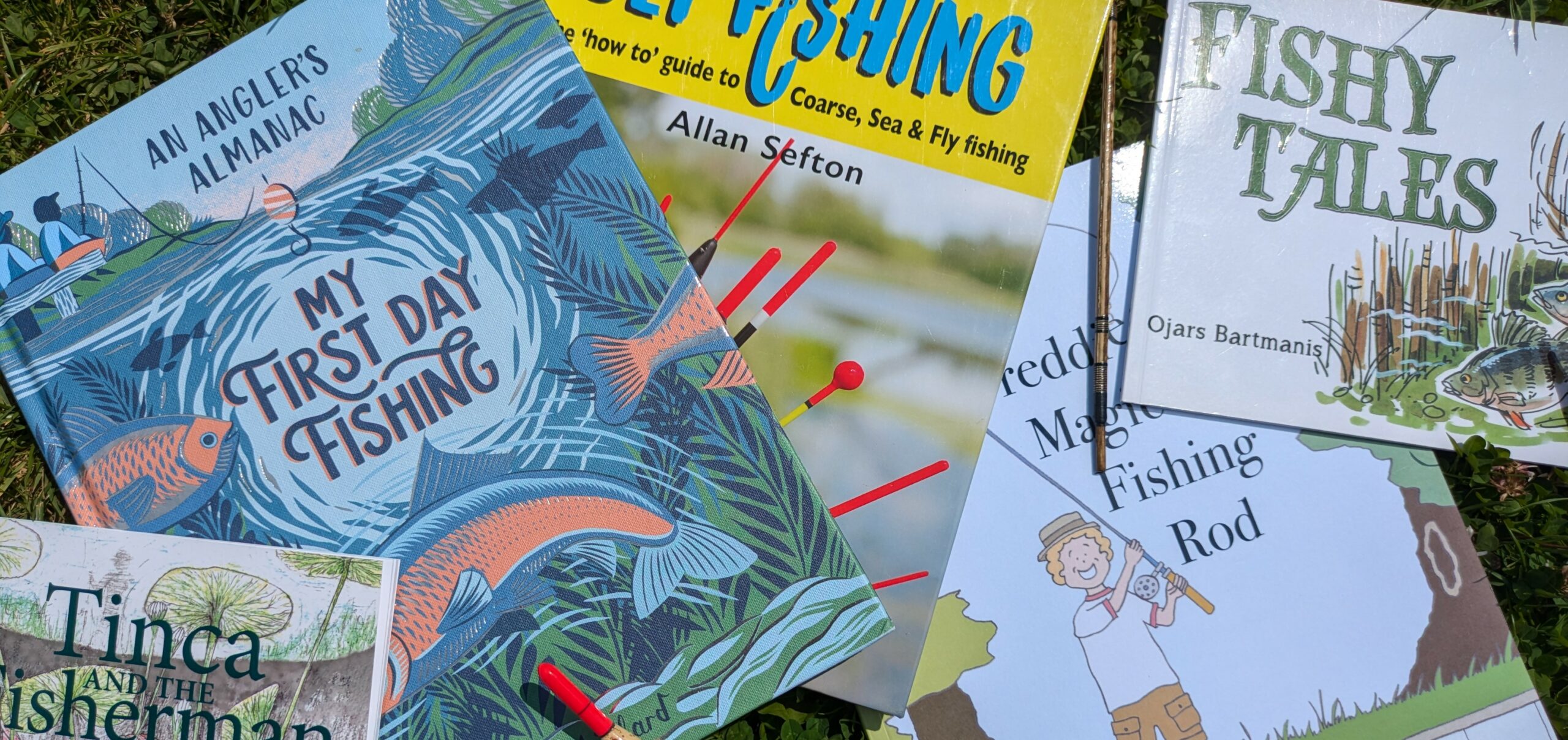
Fishing Books for Kids

UK Recreational Catch-and-Release Bluefin Tuna: A step closer to…
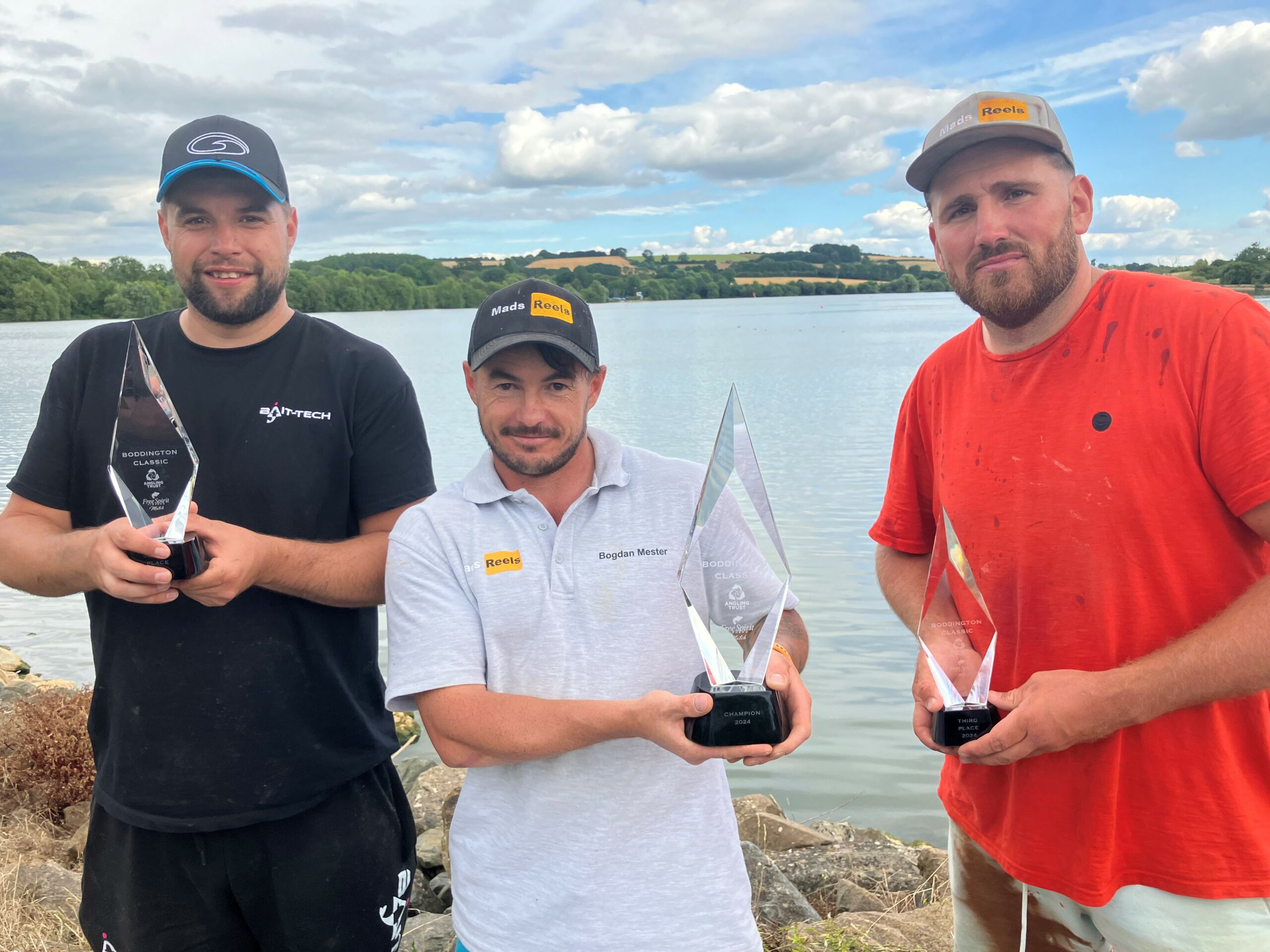
MESTER THE MASTER AT FREE SPIRIT MATCH BODDINGTON CLASSIC…
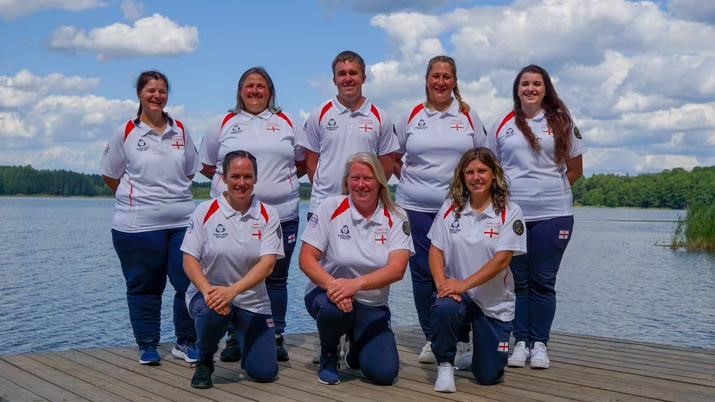
ENGLAND LADIES CARP TEAM MISS MEDAL ON TOUGH LATVIAN…

Angling Trust urges government to go further and faster…

ENGLAND YOUNG GUNS LEAD THE WAY IN HOME NATIONS…
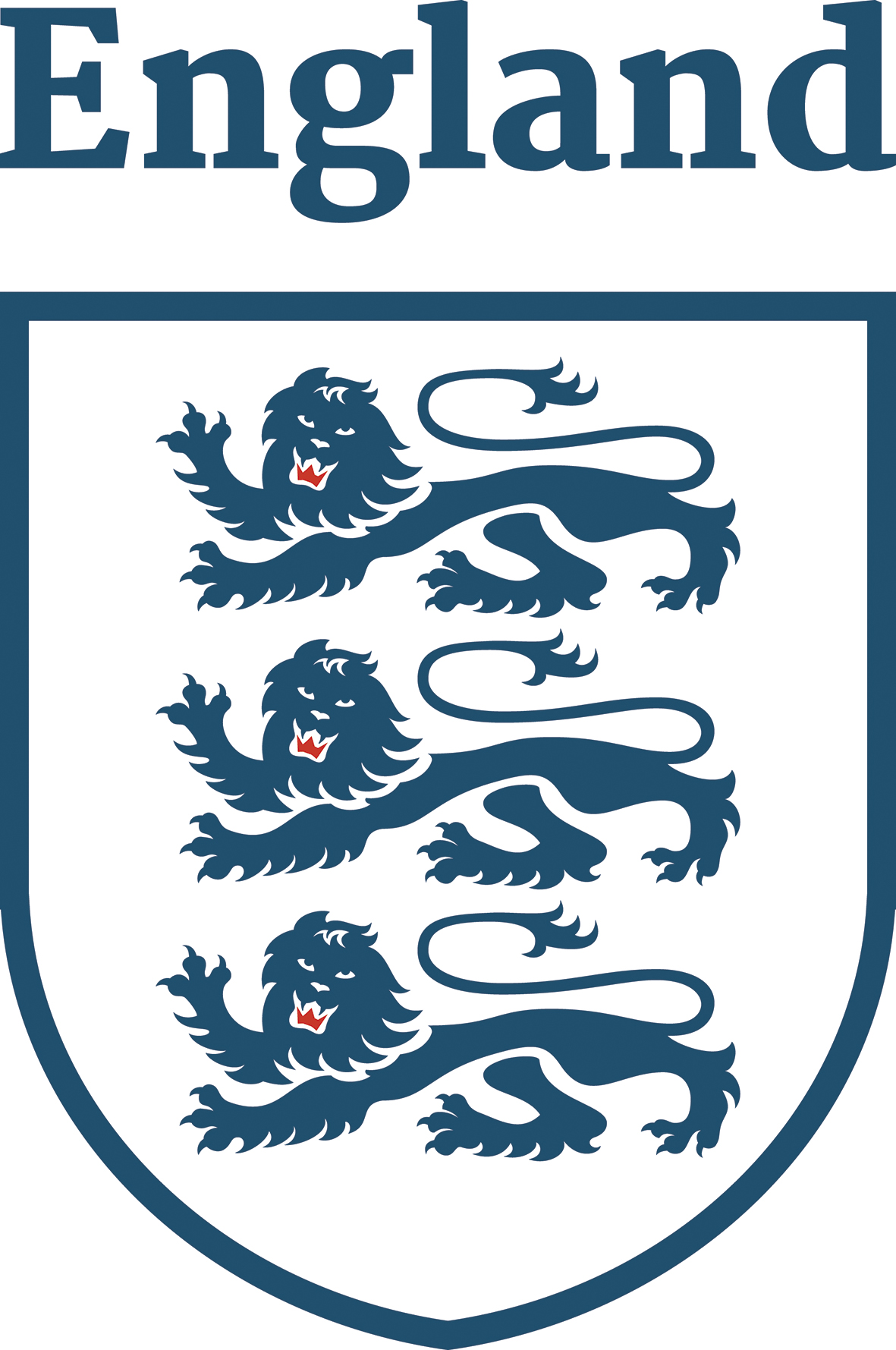
AMAZING ENGLAND COMEBACK SECURES EURO CHAMPS BRONZE
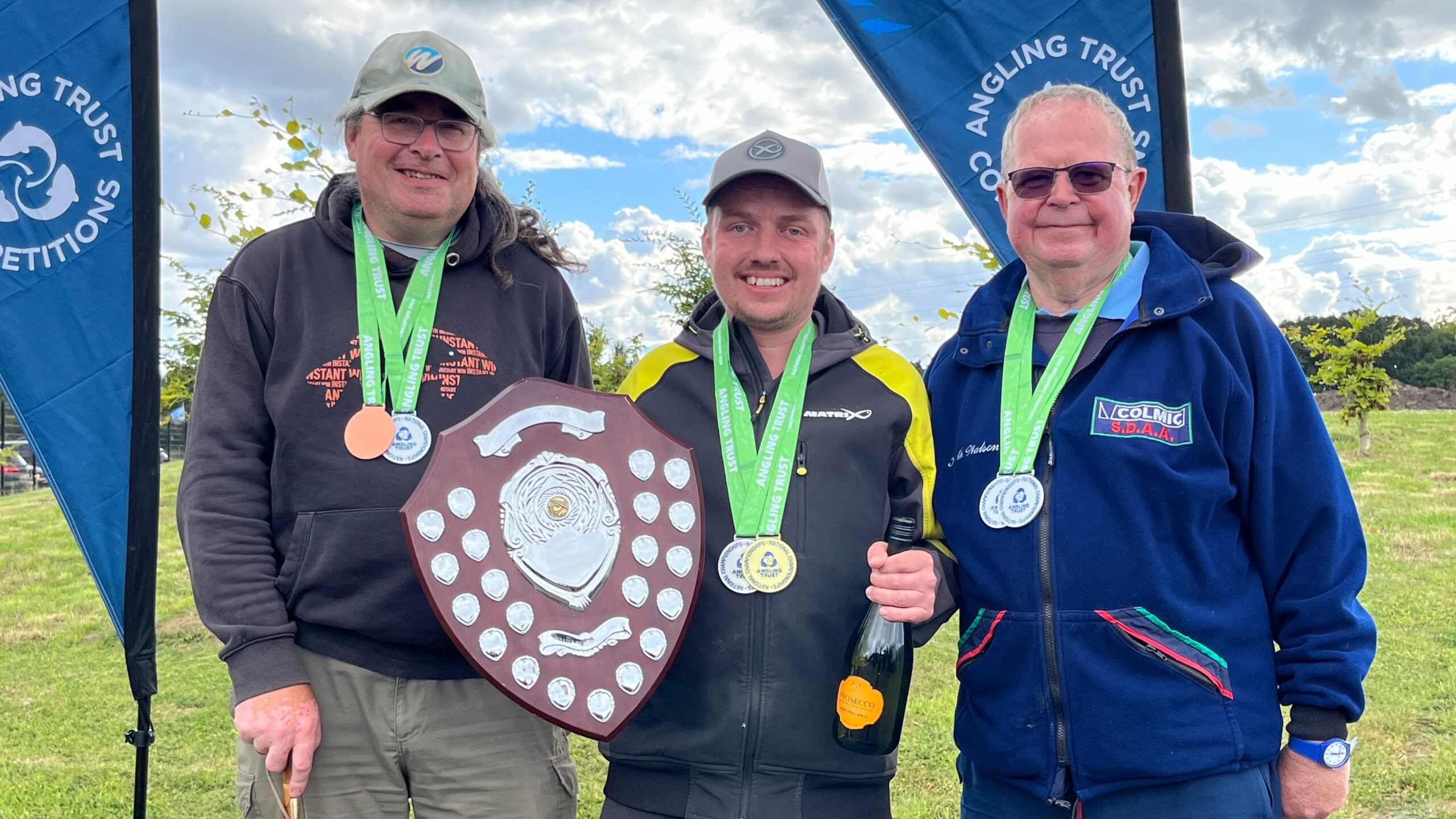
ELLIOT BAGS THIRD NATIONAL WIN AT MARSTON!
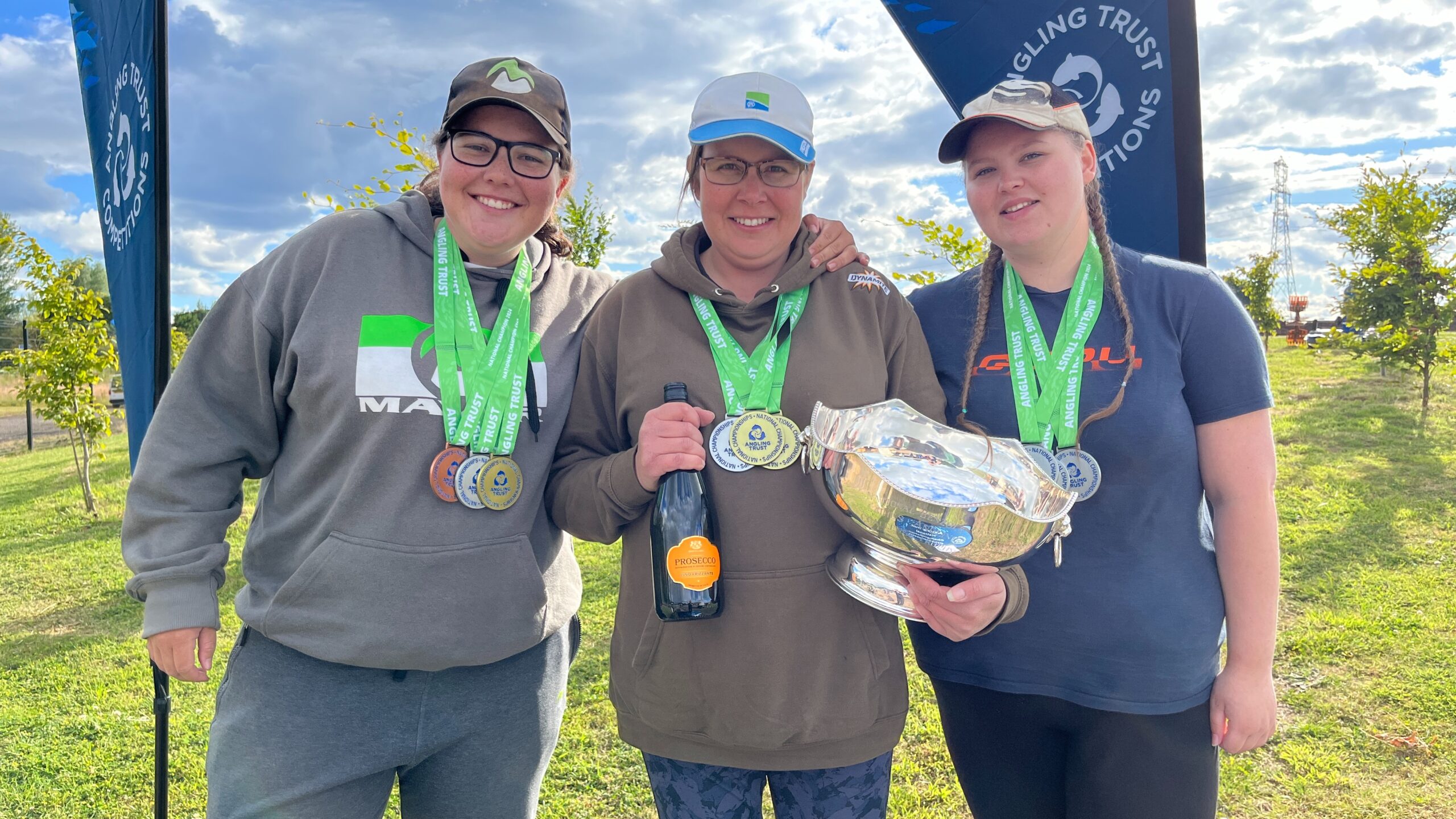
PATIENT APPROACH WIN WOMEN’S NATIONAL FOR LEANNE!
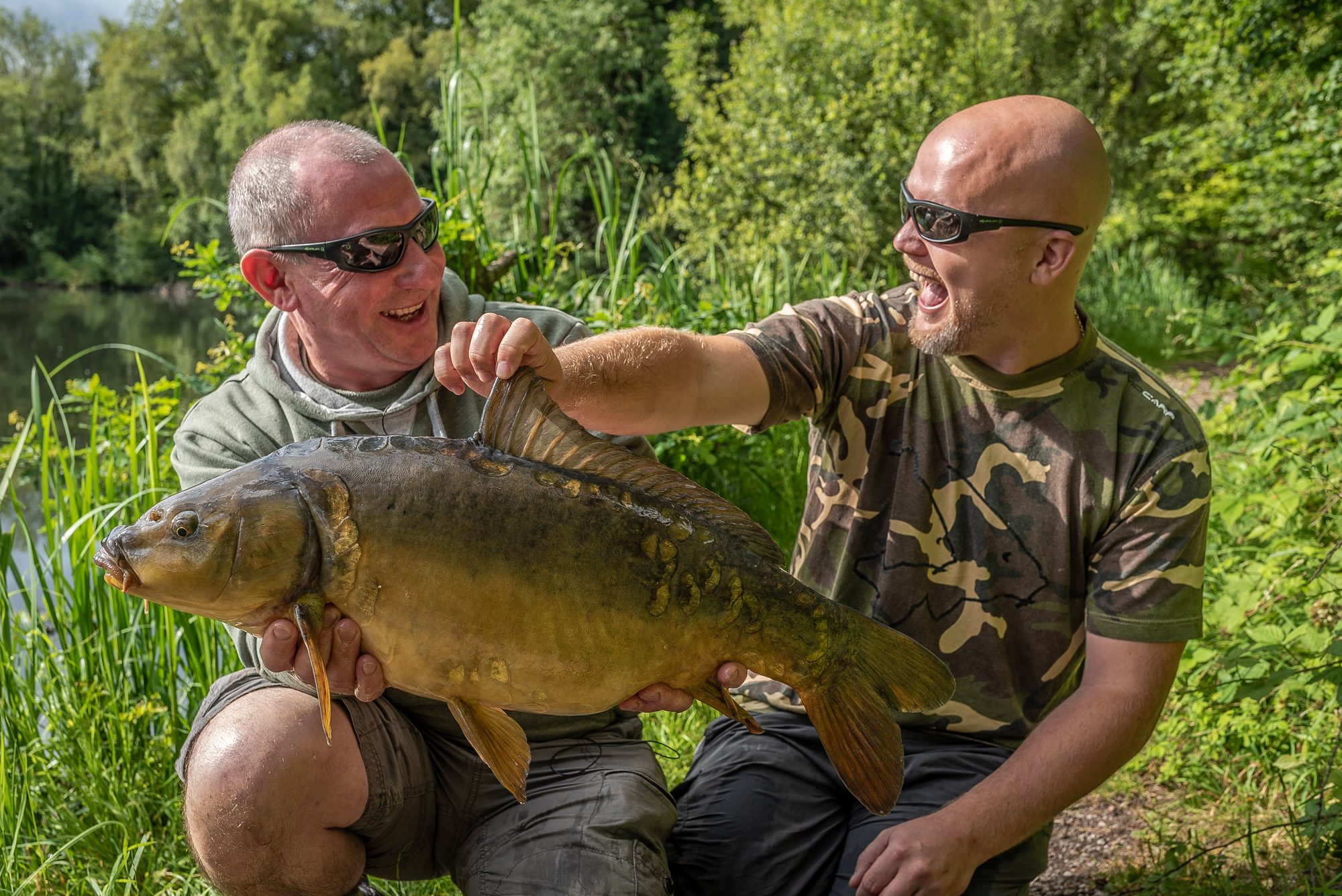
Take a Friend Fishing
27th July to 1st September…









